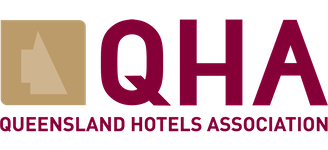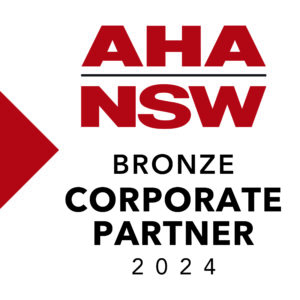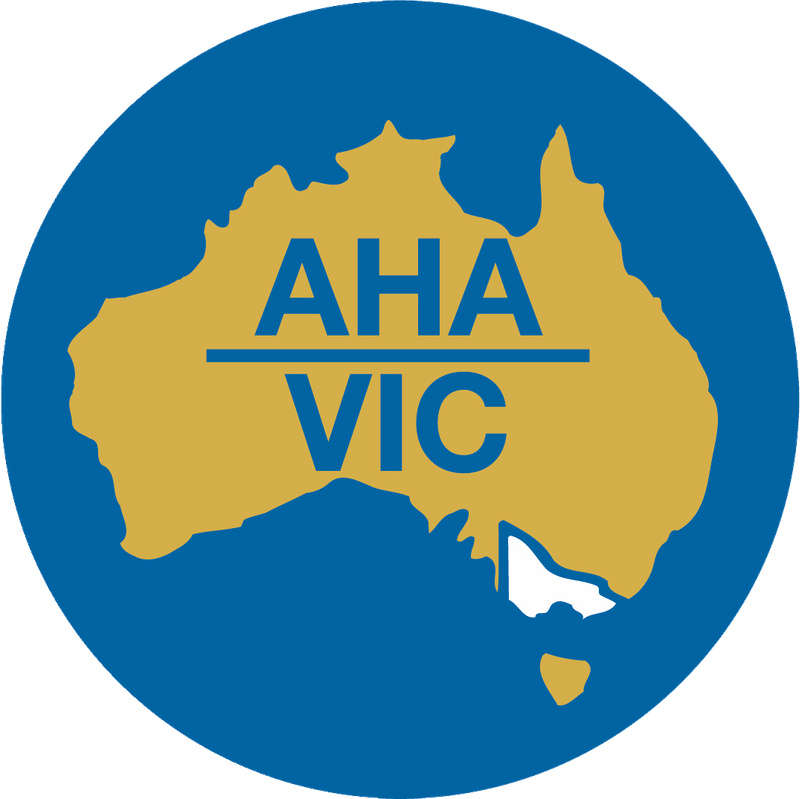As of the 8th of December 2023, a new food safety standard within the Australian Code will come into effect. This standard is particularly significant for businesses in the food service, catering, and retail sectors that handle unpackaged food ready for consumption. Hotels with bistros and restaurants fall into this category and will need to adapt to the new regulations to stay compliant and mitigate the chance of getting fined. Within this article, we explore the key changes for venues and how Star Compliance can assist hospitality businesses remaining compliant.
What are the new Standards?
The updated food safety standard 3.2.2A, which applies to businesses, including hotels with bistros or restaurants, introduces several new requirements. Businesses will be required to implement the following Food Safety Management Tools:
- Food Handler Training: Food handlers, which include chefs, cooks, and waiters, will be mandated to complete Food Handler training. A food handler is anyone who works in a food-related role, handling food or surfaces likely to come into contact with food.
- Food Safety Supervisor (FSS): Some businesses already require an FSS. The change means businesses will need to ensure staff who handle unpackaged food have appropriate skills and knowledge in food safety and hygiene and be able to show they are managing key food safety risks.
- Maintaining Records: Businesses will need to maintain records or demonstrate compliance with specific requirements related to handling unpackaged, food used in the preparation of ready-to-eat food served to consumers or ready-to-eat food for retail sale.
How can start Compliance help?
To help venues navigate these new food safety standards, Star Compliance offers the ideal compliance management tool for business within hospitality. Here’s how it can assist venues operating with bistros and restaurants navigate the changes and ensure compliance is kept:
Record Keeping: Top-to-bottom Compliance
Record keeping can be a complex and time-consuming task. Star Compliance simplifies this process through maintaining digital records, making it easy for businesses to demonstrate their compliance with the new regulations. The platform does this by differentiating procedures, checklists and tasks enabling a complete top-to-bottom funnel of compliance. By doing so, businesses can maintain compliance by ensuring that their checklists match the procedures (Food standards) and assigning routine tasks within those checklists, to both individuals and groups, to be complete. Below we outline this process and how it can help venues navigate the new standards using Star Compliance.
- Procedures:
In the context of food handling, storage, and delivery, a procedure refers to a set of established steps and guidelines that must be followed to ensure the safe, efficient, and hygienic handling of food from procurement to delivery to storage. Checklists relating specifically to these procedures, will become stringently monitored and, as a result, essential for venues to comply with. Food Safety Supervisors, managers or administrators can create detailed procedures within Star Compliance, outlining the specific steps and guidelines for various processes related to hygiene, food handling, storage, and delivery.
2. Checklists
To ensure businesses are actively monitoring and managing safety risks including food temperature, food processing, cleaning, and hygiene – operators will be required to maintain records to demonstrate the venue is safely receiving, storing, and processing food the correct way. Checklists are associated with Procedures that break down the steps into actionable items. This makes it easier for staff to follow and ensures that every step is completed.
The Checklist within Star Compliance makes it easy for staff by outlining a number of actions that must be completed. Each checklist typically consists of itemised tasks or steps that users need to complete. These tasks are often detailed and may include specific actions, documentation, or verifications. Staff can then follow an efficient, standardised daily checklist of operations while remaining consistently compliant, ensuring all tasks are monitored, tracked, and checked off for future reference.
3. Tasks
Users with appropriate permissions (Food Safety Supervisor) can create tasks based on compliance requirements or specific actions needed in-line with the checklists and procedures. Tasks can be assigned to specific individuals or teams responsible for completing them. This ensures accountability and clarity on who is responsible for each task. Star Compliance allows users to track the status of tasks, indicating whether they are open, in progress, completed, or overdue. This provides real-time visibility into the progress of compliance-related activities.
Users may use the mobile app to access and manage their tasks on-the-go, which is especially useful for hospitality where people are rarely at a desk or computer. The platform then keeps an audit trail that records who completed each task, when it was completed, and any comments or notes associated with the task.
Tasks may be linked to specific procedures or protocols outlined in the food safety standard 3.2.2A . This integration ensures that tasks align with standardized processes designed to meet regulatory requirements. Furthermore, audit trail feature in the task bar can provide a historical record of completed tasks, including who performed them and when. This is valuable for demonstrating ongoing compliance over time.
What else has Star Compliance done to make it easy?
To further assist venues with these new legislation, Star Compliance has added additional checklist and procedures templates designed specifically for venues to comply with the new standards, including;
- Temperature control during food receipt
- Storage
- Display
- Transport
- Pathogen reduction during food processing
- Minimising time during food processing
- Cooling food
- Reheating food
- Cleaning and sanitising.
In Summary
Star Compliance helps guides staff on the expectations set by the new food standard legislation being introduced on the 8th December 2023.
- Having procedures will demonstrate that, for each component of the standards, the venue has a prescribed procedure for staff to follow.
- The checklists make the legislation consumable by breaking down the steps that need to be followed to ensure the standards are maintained.
- Tasks meanwhile will assign responsibilities to individuals giving a specific action to be completed, along with a time for the task to be completed.
- Combined these steps will demonstrate operational excellence and will help to ensure venues remain compliant with the new legislations.
Learn More About Star Compliance
Elevate your venue’s recording standards with Star Compliance. To explore the comprehensive benefits of Star Compliance or connect with one of our Sales representatives, click here . Stay ahead of the curve in food safety standards and make compliance a seamless part of your hospitality operations.




